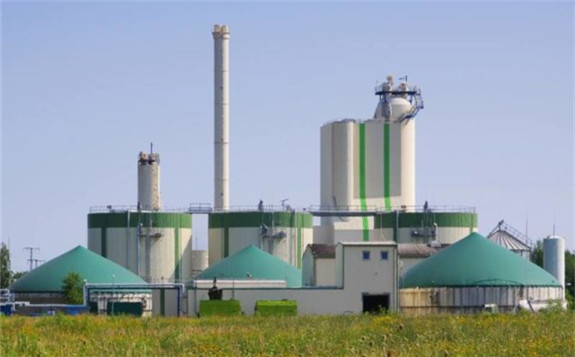Brazilian electricity provider Grupo Cocal has secured funding from international financial institutions to implement its biogas energy production project in Sao Paulo.

Grupo Cocal has secured $70 million in funding from the World Bank’s International Finance Corporation (IFC), Banco Itaú BBA and Rabobank to expand ethanol and biogas energy production. The IFC is providing $40 million in loans whilst the other two banks are providing $30 million.
The loan from the IFC will support the company’s $92 million project that includes the construction of a biogas electricity production unit in Narandiba municipality in Sao Paulo.
The funding will also support the renovation of 27,000 hectares of sugar cane and the installation of modern agricultural equipment.
The funding will enable Grupo Cocal to leverage the circular economy concept within its business practice and produce biogas, biomethane, and electricity from vinasse and filter cake – by-products of sugar cane.
Paulo Zanetti, managing director of the Cocal Group, said: “Cocal has focused on innovation and strengthened its ESG (Environmental, Social and Governance) practices. Thus, the investment in projects in the industrial and agricultural sectors represents an environmentally and socially viable solution, while generating versatile, clean, and competitive products for the region, boosting the local economy and regional development.
“It also allows Cocal to fit into the RenovaBio Program by promoting the use of biofuel and biofertilizers, offering an alternative outside the fossil-based production chain.”
The biogas will be used to replace fossil fuels used to power industries and as of July 2022 will be transported to power homes, businesses, and vehicles in Presidente Prudente, Narandiba and Pirapozinho. The biogas will be trasported in partnership with GasBrasiliano. In addition, biogas will be used to replace diesel in the company’s automotive fleet, contributing to the decarbonisation process.
Carlos Leiria Pinto, IFC’s country manager in Brazil, adds: “Increasing the share of sustainable biofuels and clean energy in the country’s energy matrix is strategic for Brazil to reach the goals established in the Paris Agreement.”
The project is expected to help Brazil move closer to its goal of increasing the share of sustainable biofuels in the energy matrix to approximately 18% by 2030. The goal will help the country achieve its target to produce 45% of its electricity using renewables by 2030.
Expanding renewables in the energy mix will also enable the South American country, the seventh-largest emitter of greenhouse gases in the world, to reduce emissions by 43% between 2005 and 2030.